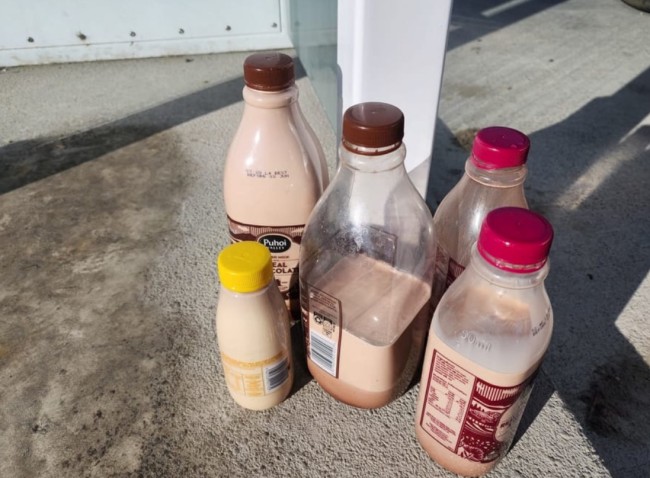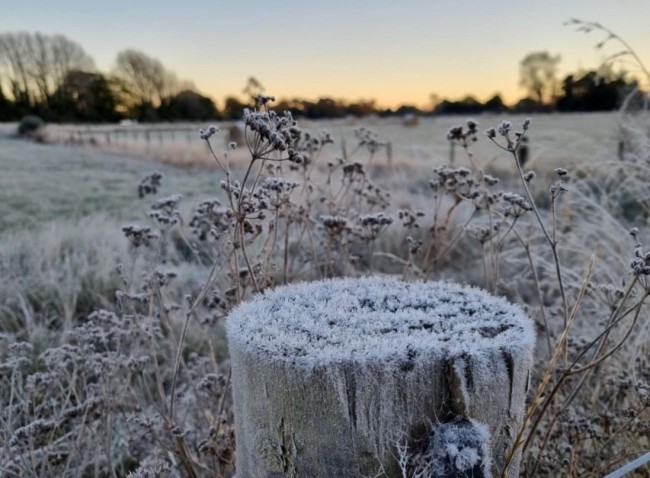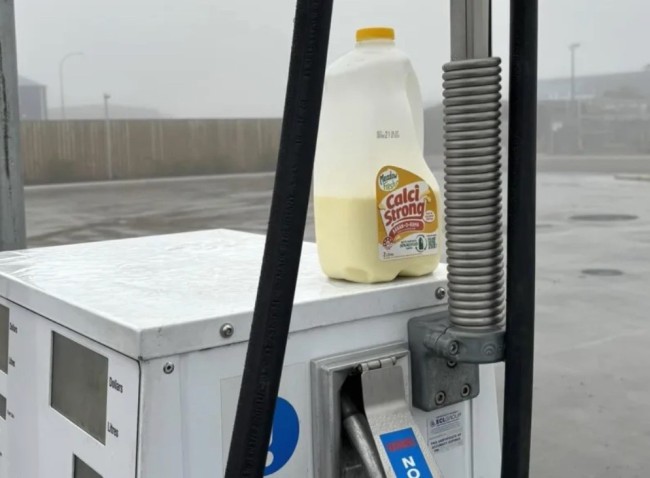
Schools covering true impact of teacher shortage
Schools' stop-gap measures for coping with the teacher shortage are masking the full impact of the problem, principals say.
Auckland Primary Principals' Association president Helen Varney said measures that were once considered unusual, were now commonplace as schools in the city tried to cover about 80 unfilled vacancies.
"They're being filled by relievers that are working part-time, they're filled by people that have come back that would only work a couple of days a week rather than doing a full week in a classroom. It's stop-gap, it isn't adequate," she said.
Ms Varney said principals were even being forced to supervise several classes at once in the school hall because they could not find relievers.
"That's happening across Auckland," she said.
She said schools were solving the problems but it was not fair on children, who deserved to have one teacher in charge of their learning all year.
"The real crisis is being masked because we're solving some of the problems. Where it will come to a head is when we just cannot mask it any more, when we cannot take three or four classes in the hall, what are we going to do? That's going to be the problem."
Invercargill Primary Principals' Association president Kevin Silcock said schools in the city were also making compromises and it was not fair on children.
"It's not sustainable, it's the children at the end of the day that are suffering," Mr Silcock said.
"When you're putting extra children into a classroom the numbers are going up so there's less teacher time for each child, if they're going to a different room each day or on a regular basis, the classroom teacher doesn't know them like their normal classroom teacher does, so it does affect their education."
In addition, Auckland Secondary Principals' Association president Richard Dykes said the teacher shortage would be largely invisible to the public because schools were asking more teachers to teach outside their subject area, or had reduced the number of classes or even the number of subjects they offered.
"You won't see it because principals will find a solution. If you don't have a teacher you don't have a class."
The shortage would not cause wholesale changes, but it would affect schools in hard-to-staff subjects like te reo Māori, physics and technology, he said.
"You're hearing this creep and erosion around the edges."
Mr Dykes said his own school, Glendowie College, found a te reo Māori teacher recently only thanks to help from the Education Ministry. Without that, he would have had to cancel the subject.
"That's the place where schools are at and that's a tragedy if we get schools having to make really hard choices about cancelling courses and opportunities for our young people."

























